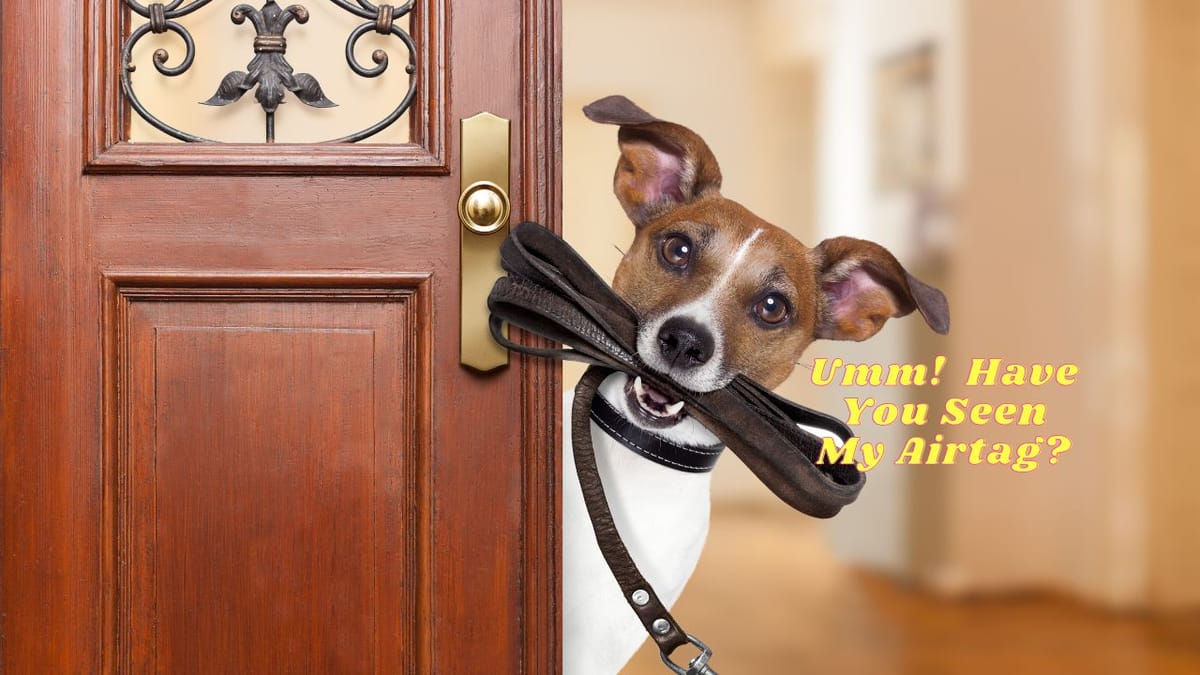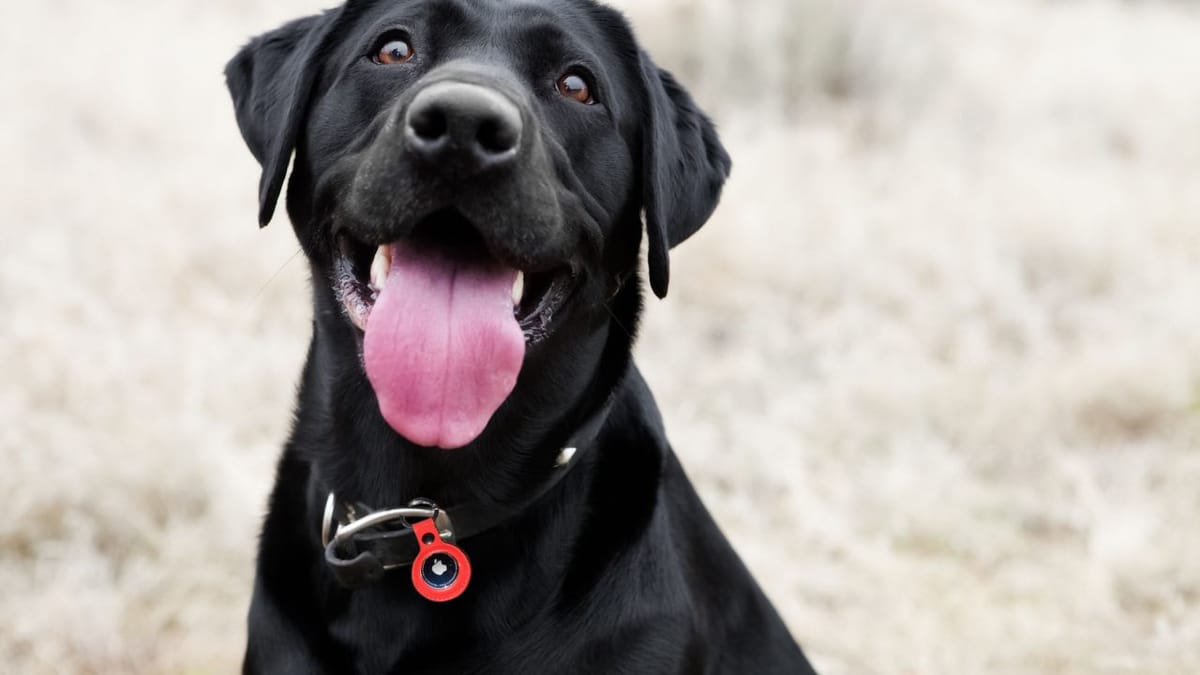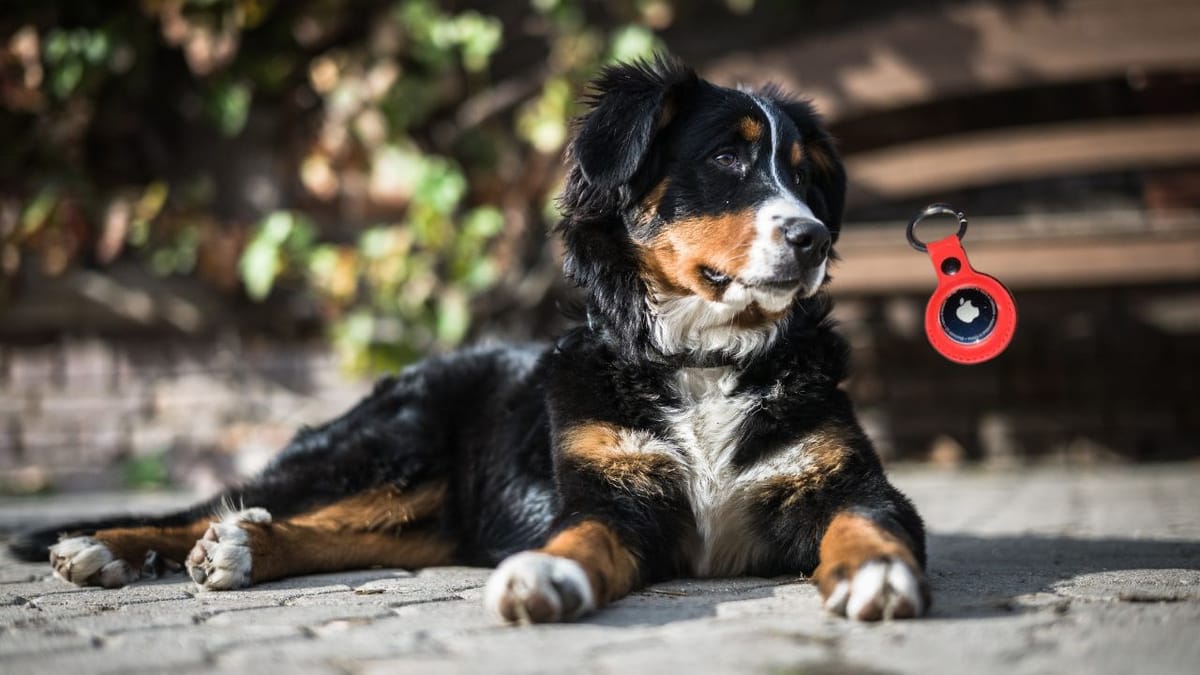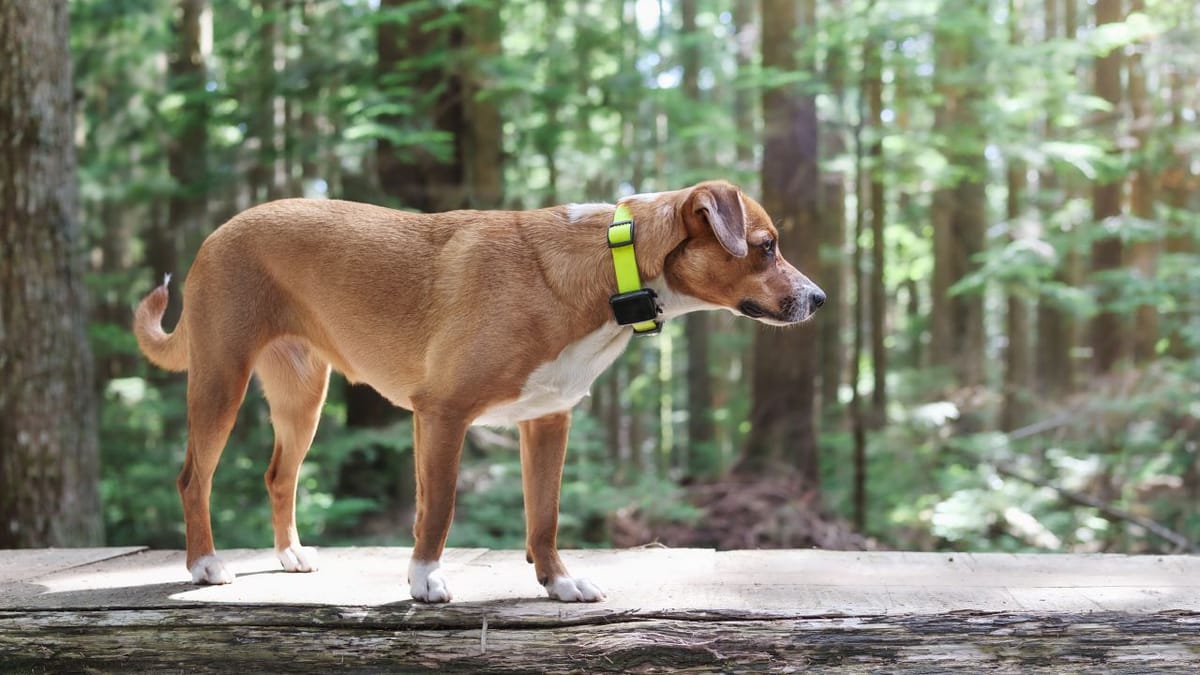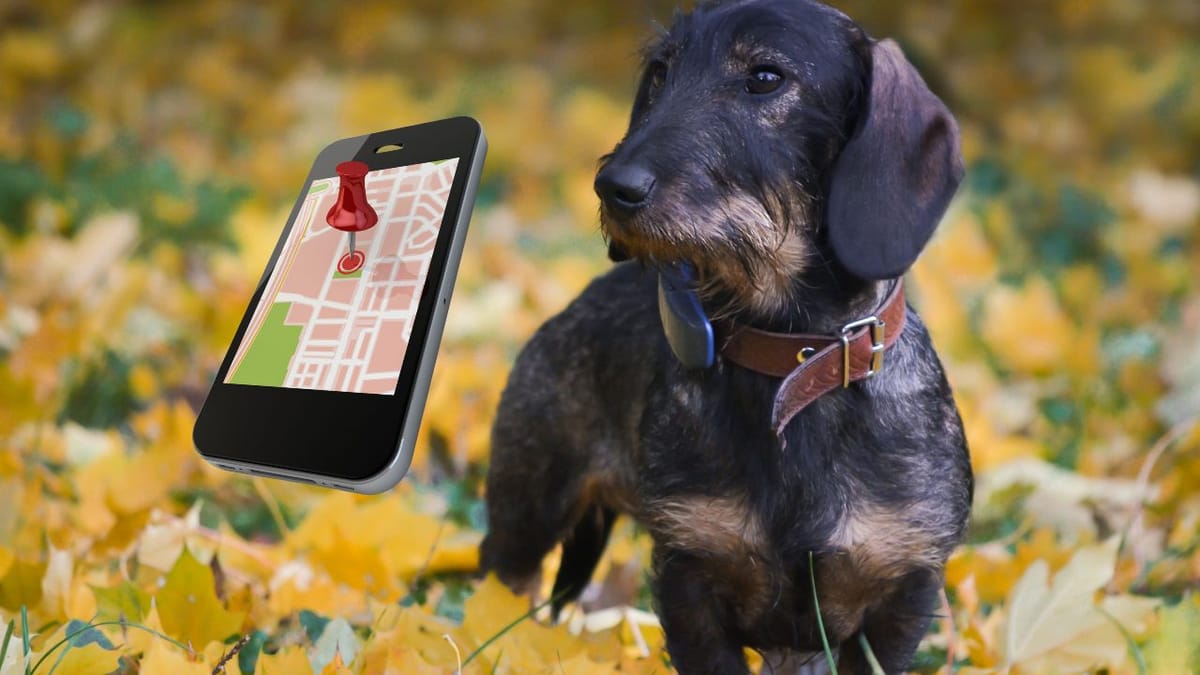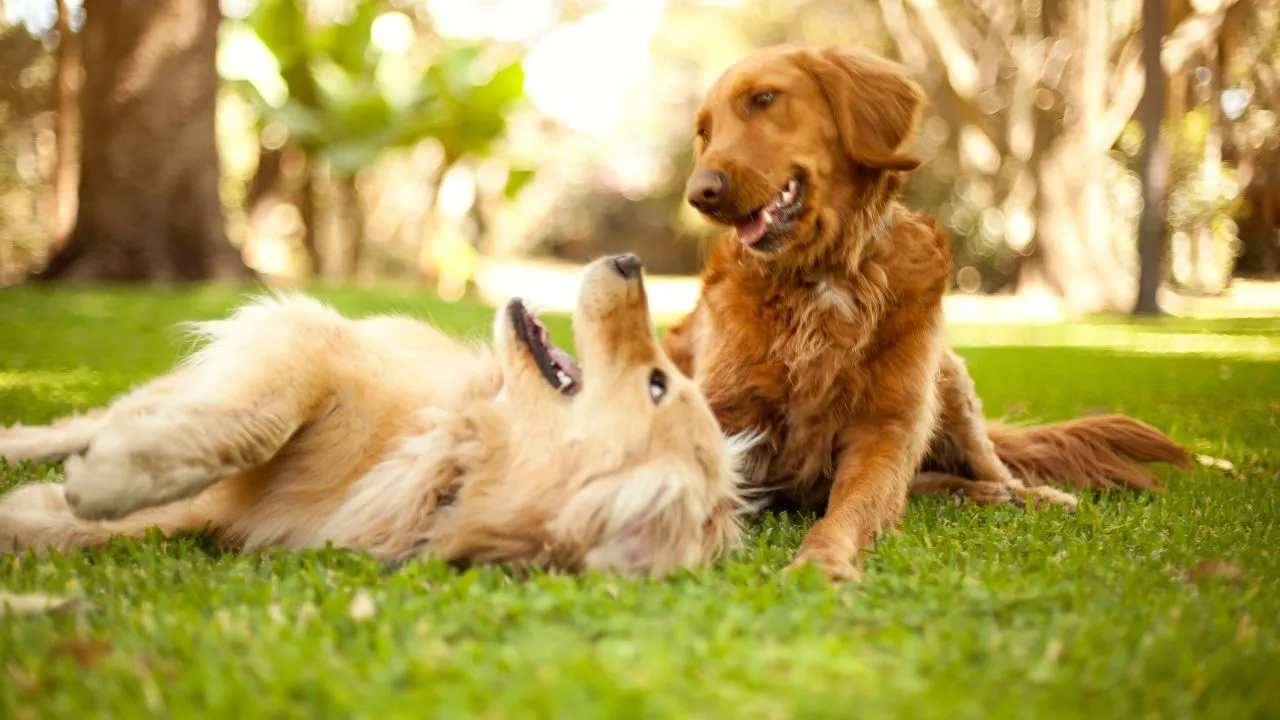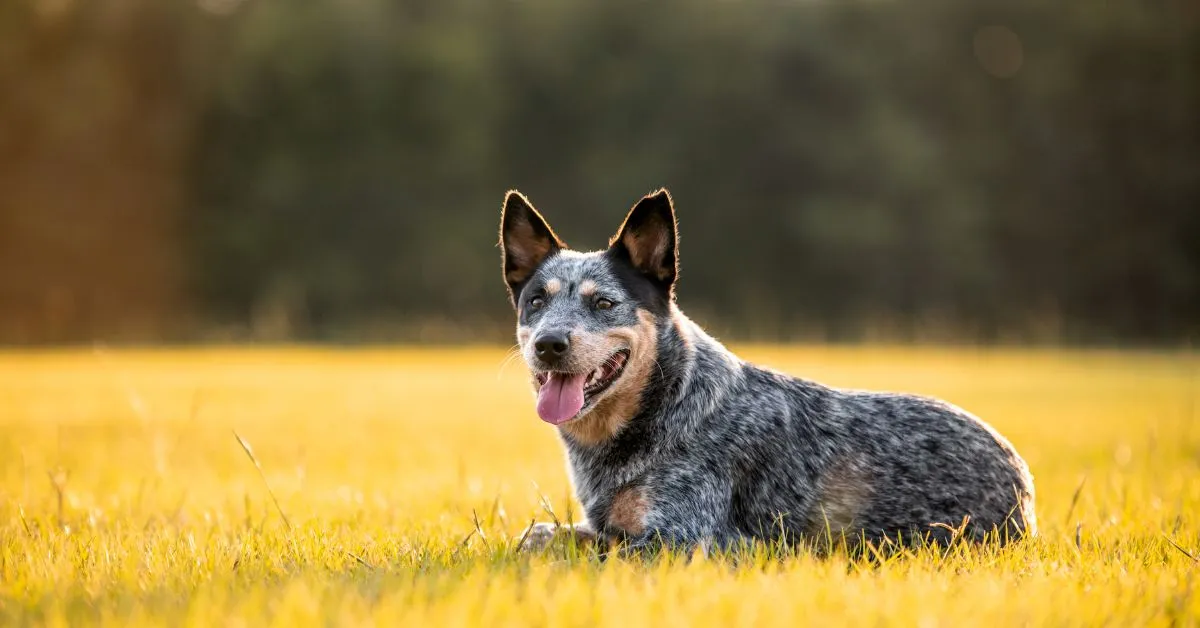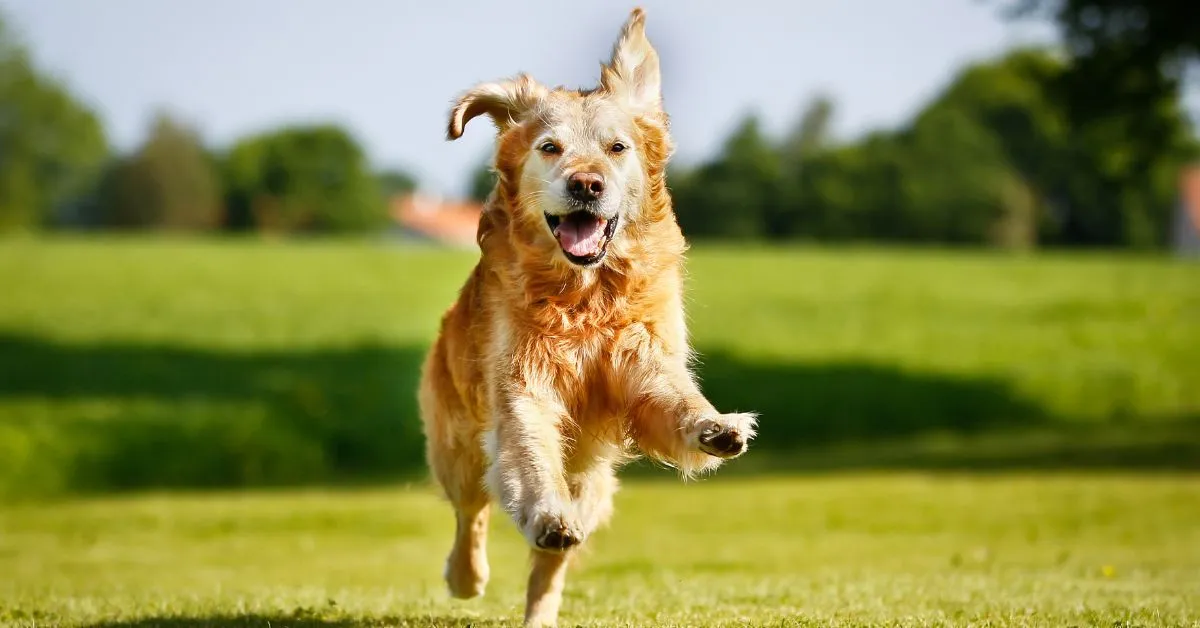Table of Contents
Key Takeaways:
- Apple AirTags are not designed for tracking pets and lack specific features for pet safety.
- There are potential risks and limitations associated with using AirTags on pets.
- Alternative pet tracking solutions are available that better cater to the needs of pet owners.
Tracking pets is a concern for many pet owners, and with the advent of Apple's AirTags, questions have arisen about their suitability for this purpose. Apple, however, does not recommend AirTags for tracking pets. This article delves into the reasons behind Apple's stance, exploring the limitations and risks of using AirTags on pets, and discussing alternative solutions.
With detailed and rigorous research, we provide our readers with the finest recommendations. Our recommendations are our opinions. Our cause is backed by reader support- for every click made through one of our affiliates links, a commission may be earned at no extra expense to you! As an Amazon Associate, Reviewsopedia may earn a commission from qualifying purchases. Thank you and enjoy!
Understanding AirTags and Their Intended Use
AirTags are small, coin-shaped devices designed by Apple to help people keep track of their personal belongings. They use Apple's Find My network, which employs Bluetooth technology to locate tagged items. The primary function of AirTags is to find inanimate objects like keys, wallets, or bags, not living creatures.
The design and features of AirTags reflect their intended use. They are compact, with a user-replaceable battery that lasts about a year. AirTags also have privacy features to prevent unwanted tracking, which is crucial for personal items but not necessarily aligned with pet tracking requirements. A better option is a a GPS Dog fence that uses GPS tracking but an Airtag is an enticing low cost temporary option for many pet owners that don't necessarily require boundary management.
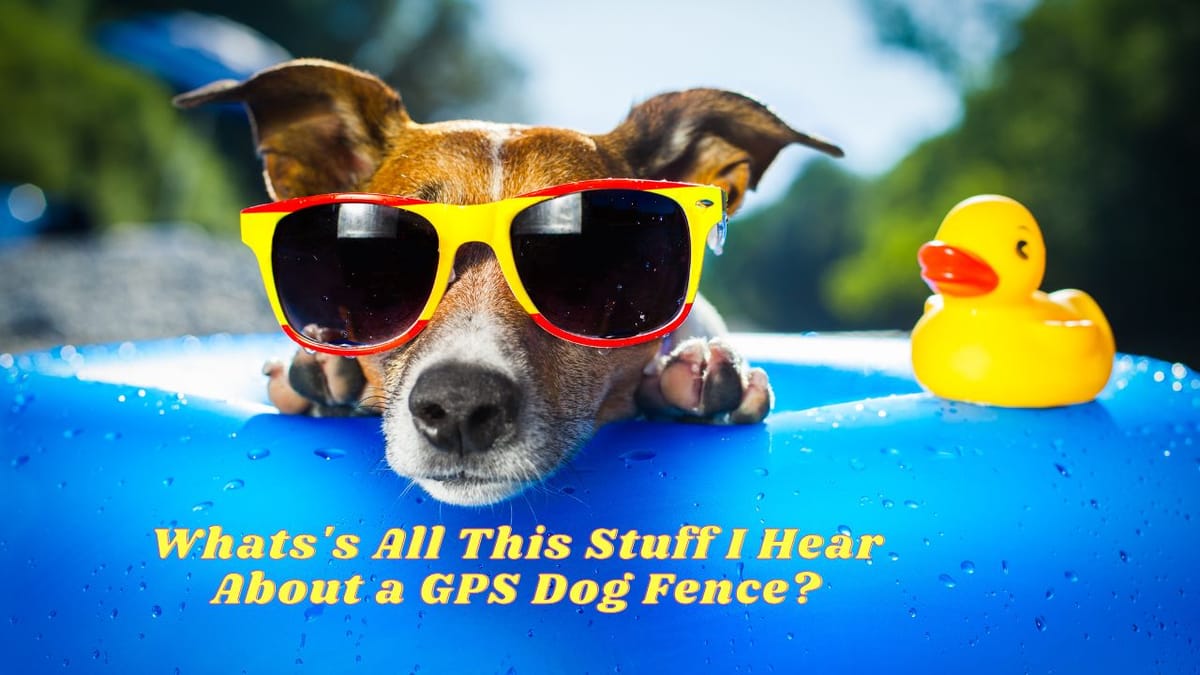
The Limitations of AirTags for Pet Tracking
One of the main limitations of using AirTags for pet tracking is the lack of a real-time GPS feature. AirTags rely on being within the range of devices in the Find My network to relay their location. This means that if a pet wanders off into an area with few iPhones, iPads, or Macs around, the AirTag may not provide an accurate or timely location update.
Additionally, AirTags do not offer features specifically tailored for pets, such as geofencing, which can alert owners when their pet leaves a designated area. Nor do they have activity monitoring or temperature alerts that can be crucial for ensuring a pet's safety and well-being.
Potential Risks of Using AirTags on Pets
Using AirTags on pets can pose certain risks. For instance, the AirTag's small size and detachable nature could lead to a pet accidentally swallowing the device, which would be a serious health hazard. Moreover, the lack of a secure, pet-specific attachment mechanism means that the AirTag could easily become detached and lost, defeating its purpose.
The privacy features designed to prevent stalking can also be counterproductive for pet tracking. If an AirTag is separated from its owner for a certain period, it starts emitting a sound to alert nearby people, which could potentially scare a lost pet or alert a thief to its presence.

Privacy Concerns and Ethical Considerations
Apple has implemented strict privacy measures to prevent AirTags from being used for stalking. These measures include notifications to iPhone users when an unknown AirTag is traveling with them. While this is a crucial feature for human privacy, it is not conducive to tracking pets, as it could lead to false alarms and confusion.
Furthermore, there are ethical considerations when using a device not specifically designed for animals. The lack of features to ensure the safety and comfort of pets means that owners might be inadvertently putting their pets at risk by using AirTags as a tracking solution.
The Importance of Dedicated Pet Tracking Devices
Dedicated pet tracking devices are designed with the specific needs of pets and their owners in mind. These devices often include real-time GPS tracking, robust attachment mechanisms, and features like virtual fences, activity monitoring, and even health insights. They are built to be durable and water-resistant, making them more suitable for the active lifestyle of pets.
By choosing a dedicated pet tracker, owners can ensure that they are using a device that is safe and effective for keeping tabs on their furry friends. These trackers are also more likely to be accepted by pet communities and veterinarians who understand the unique requirements of pet safety.

The Role of Technology in Pet Safety
Technology plays a significant role in pet safety, and while AirTags are a marvel of modern tracking technology, they are not the end-all solution for pets. The development of specialized pet tracking technology is crucial for providing pet owners with reliable tools to ensure their pets' safety.
Companies that focus on pet technology are constantly innovating to create better, more secure, and more pet-friendly devices. These advancements are essential for meeting the evolving needs of pet owners and addressing the challenges of keeping pets safe in a modern world.
Alternatives to AirTags for Pet Owners
For pet owners seeking alternatives to AirTags, the market offers a variety of dedicated pet trackers. Brands like Whistle, Tractive, and Fi provide devices with features tailored to pet tracking. These devices offer more reliable and pet-centric functionalities, such as waterproof designs, long battery life, and the ability to track pets over long distances.
When selecting an alternative pet tracker, it's important to consider factors such as the size and breed of the pet, the environment in which the pet lives, and the specific concerns of the pet owner, such as escape risk or health monitoring.

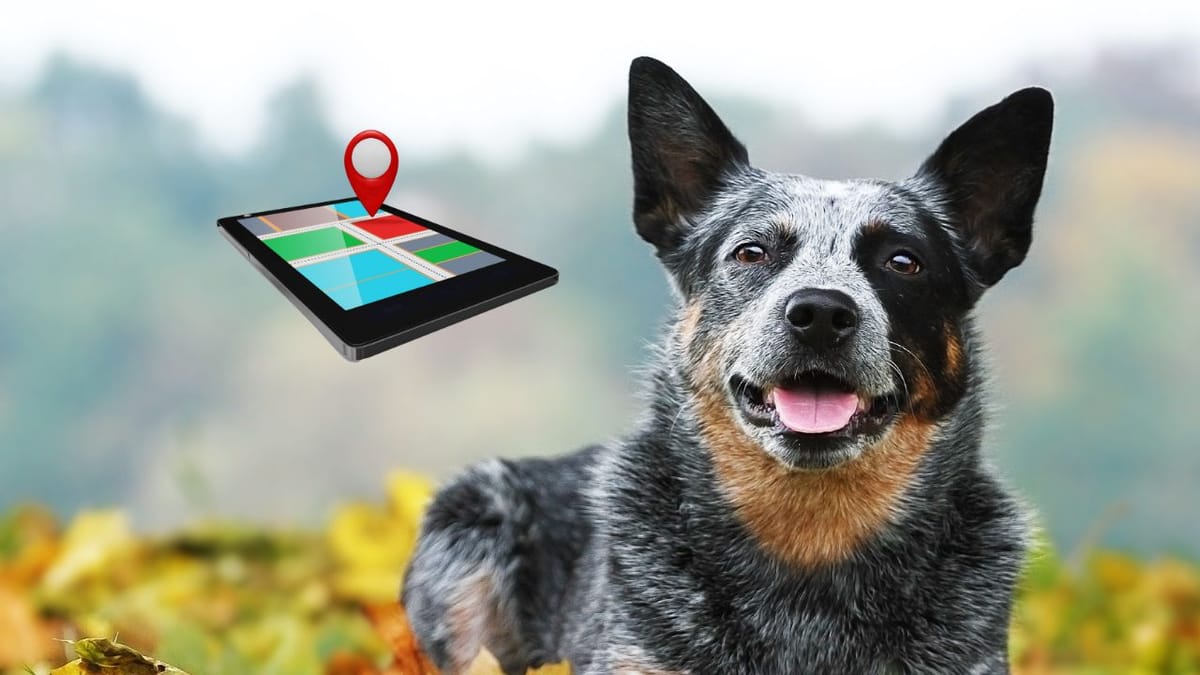
Case Study: Pet Tracking Success Stories
There are numerous success stories of pet owners who have used dedicated pet trackers to recover lost pets. For example, a family was able to locate their missing dog using a GPS pet tracker that provided real-time location updates, leading them directly to their pet who had wandered several miles away from home.
Another case involved a cat owner who used a tracker with geofencing capabilities to receive alerts whenever their adventurous feline left a designated safe zone. This allowed the owner to quickly retrieve their pet before it strayed too far.

The Future of Pet Tracking Technology
The future of pet tracking technology is promising, with advancements in GPS accuracy, battery life, and integration with smart home devices. Innovations such as AI-powered activity recognition and health monitoring could provide even deeper insights into a pet's well-being.
As technology continues to evolve, we can expect to see more sophisticated and specialized pet tracking solutions that offer greater peace of mind to pet owners. These advancements will likely address the current limitations and risks associated with using non-pet-specific devices like AirTags.
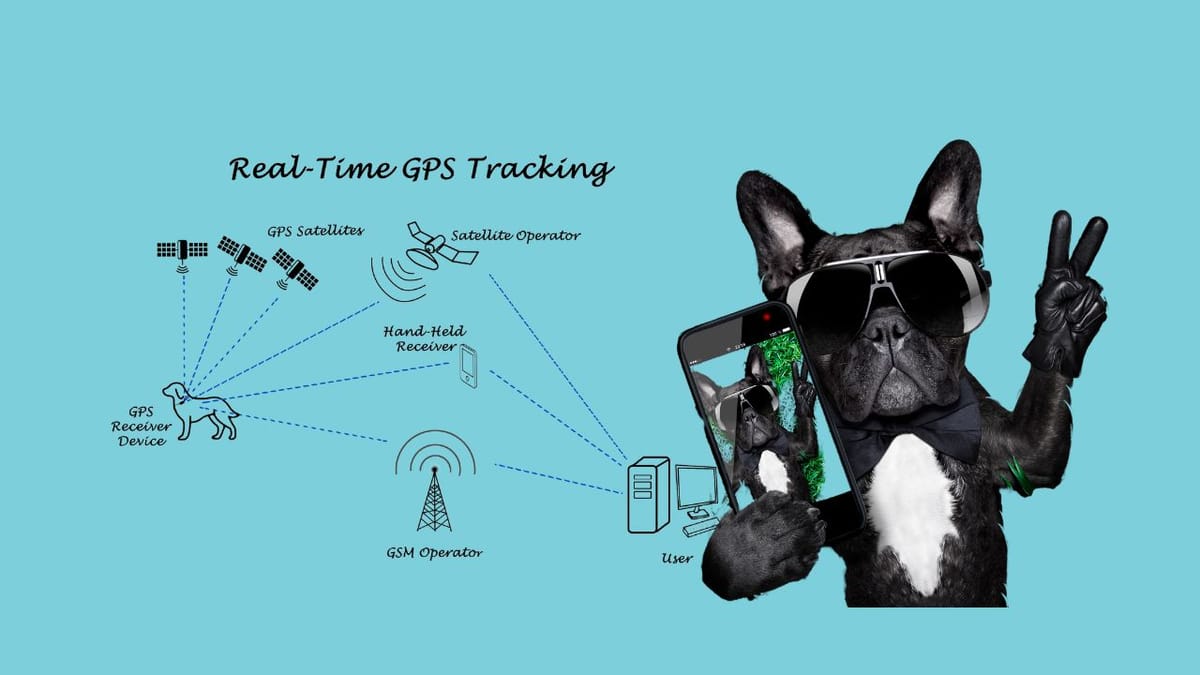

Summary
Apple's AirTags are not recommended for tracking pets due to their design, intended use for inanimate objects, and lack of pet-specific features. The limitations and potential risks of using AirTags on pets highlight the importance of choosing dedicated pet tracking devices that are designed with the safety and well-being of pets in mind. As technology advances, pet owners can look forward to more innovative and reliable pet tracking solutions.
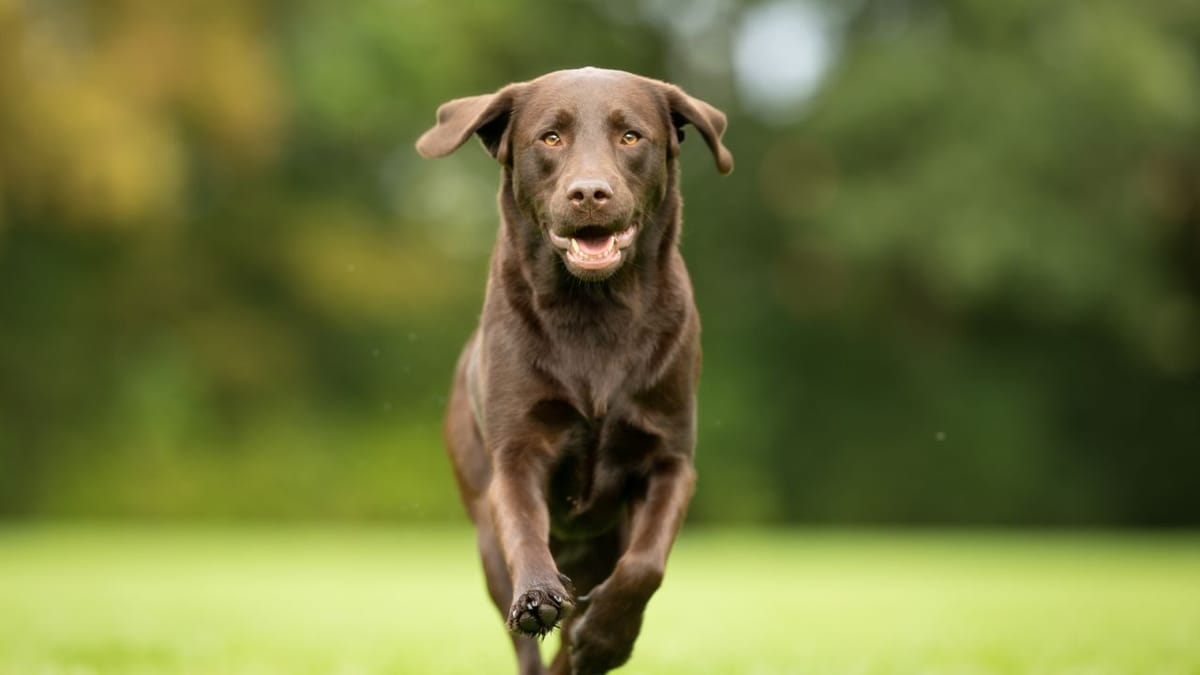
FAQ Section
Can AirTags be used to track pets at all?
While AirTags can technically be attached to a pet's collar, Apple does not recommend them for pet tracking due to their limitations and lack of pet-specific features.
What features do dedicated pet trackers have that AirTags do not?
Dedicated pet trackers often include real-time GPS tracking, geofencing, secure attachment mechanisms, activity monitoring, and health insights, which are not present in AirTags.
Are there any risks to using AirTags on pets?
Yes, there are risks such as the potential for the pet to swallow the device, the AirTag becoming detached and lost, and privacy features that may not be suitable for pet tracking.
Other Related Articles
